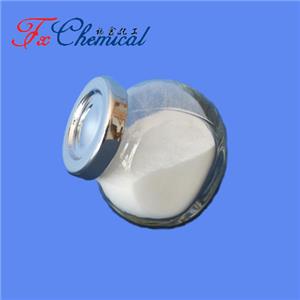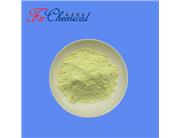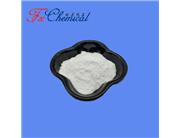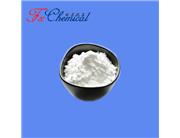Vericiguat is a medication used primarily for the treatment of chronic heart failure. Specifically, it is indicated for patients with symptomatic chronic heart failure and reduced ejection fraction who have experienced a recent decompensation event, such as hospitalization or the need for outpatient intravenous diuretics. The main goals of using Vericiguat are to reduce the risk of cardiovascular death and heart failure hospitalization.
Here are some key points regarding the application of Vericiguat:
1. Mechanism of Action: Vericiguat works by stimulating soluble guanylate cyclase (sGC), an enzyme that plays a crucial role in the nitric oxide (NO) signaling pathway. By enhancing the activity of sGC, Vericiguat increases the levels of cyclic guanosine monophosphate (cGMP), leading to vasodilation and improved cardiac function.
2. Clinical Benefits: The use of Vericiguat has been shown to result in significant clinical benefits for heart failure patients. These benefits include:
- Reduced risk of hospitalization for heart failure.
- Lowered risk of cardiovascular death.
3. Combination Therapy: Vericiguat is often used in combination with other heart failure therapies, such as beta-blockers, angiotensin-converting enzyme (ACE) inhibitors, angiotensin II receptor blockers (ARBs), and mineralocorticoid receptor antagonists (MRAs).
4. Patient Selection: It is particularly useful in patients who have had recent worsening of heart failure symptoms, making it a targeted option for individuals who are at higher risk of adverse outcomes.
5. Side Effects: Common side effects of Vericiguat include hypotension (low blood pressure) and anemia. Patients are monitored for these and other potential adverse effects during treatment.
The approval and clinical use of Vericiguat are based on evidence from clinical trials, such as the VICTORIA trial, which demonstrated its efficacy in reducing heart failure-related events in the target patient population.

 China
China




